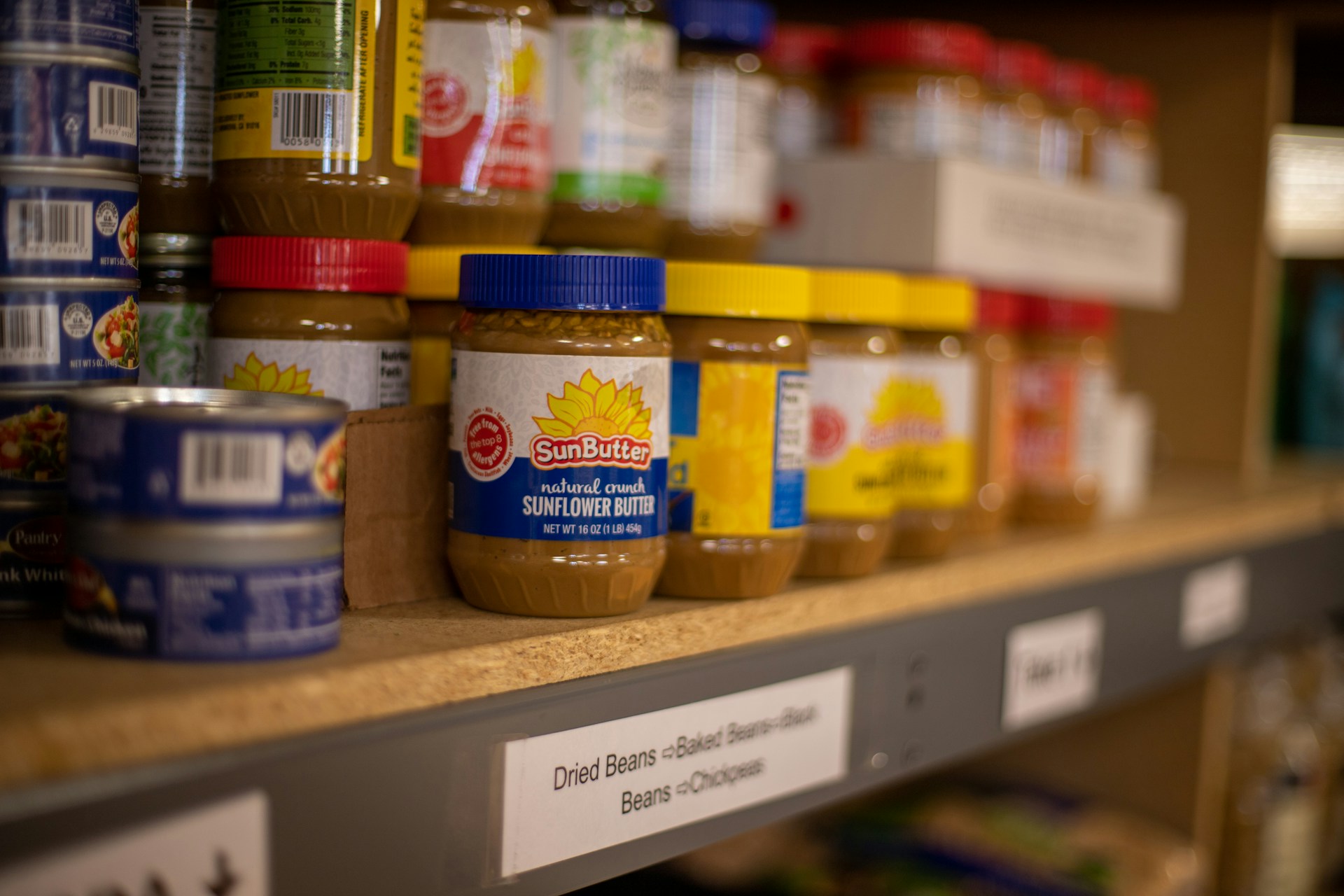How Gut Microbiota Supports Immunity, Growth and Development of Preterm Infants: A Narrative Review
Downloads
ABSTRACT
Background: Gut microbiota, a complex ecosystem consisting of abundant microorganisms, plays a role in preterm infants' immunity, growth, and development. Dysbiosis or disruption of the gut microbiota can precipitate various diseases, such as allergy or autoimmune disorders in premature infants. Purpose: This study aimed to review gut microbiota in preterm infants and its role in supporting the infants' immunity, growth, and development. Discussion: Bifidobactericeae is the predominant microbiota in GI tract of preterm infants. However, various factors can influence this gut microbiota e.g., genetics, lifestyle of the mothers (smoking, diet, use of antibiotic, obesity), birth mode, type of feeding, and environmental factors. Gut dysbiosis can result in impaired immune system which predisposes the preterm infants to infections, even fatal adverse event. Furthermore, the growth and development might be affected as well as lead to various neurodevelopmental and psychiatric disorders. Human milk is a prebiotic source which can stimulate the growth of Baifidobactericeae and Bacteroidetes. If the human milk is inadequate or unavailable, the recommended interventions for gut dysbiosis in premature infants are probiotics, prebiotics, or both supplementations (synbiotics). The administration of prebiotics and probiotics associates with lower morbidity and death rates in preterm infants, as well as shorter duration of hospital stay and duration to achieve full enteral feeding. Conclusions: Immunity as well as growth and development of preterm infants are affected greatly by gut microbiota The less diverse microbiota in preterm infants' gut predispose them to various health problems. Hence, this problem should be managed properly, one of which is prebiotic and probiotic supplementation Keywords: Gastrointestinal Microbiome, Premature, Immunity, Growth, Development
Turroni, F. et al. The infant gut microbiome as a microbial organ influencing host well-being. Ital. J. Pediatr. 46, 16 (2020).
Tirone, C. et al. Gut and Lung Microbiota in Preterm Infants: Immunological Modulation and Implication in Neonatal Outcomes. Front. Immunol. 10, 2910 (2019).
Tauchi, H. et al. Gut microbiota development of preterm infants hospitalised in intensive care units. Benef. Microbes 10, 641–651 (2019).
Chong, C. Y. L., Bloomfield, F. H. & O'Sullivan, J. M. Factors affecting gastrointestinal microbiome development in neonates. Nutrients 10, (2018).
Vandenplas, Y. et al. Factors affecting early-life intestinal microbiota development. Nutrition 78, 110812 (2020).
Kumbhare, S. V., Patangia, D. V., Patil, R. H., Shouche, Y. S. & Patil, N. P. Factors influencing the gut microbiome in children: from infancy to childhood. J. Biosci. 44, (2019).
Kapourchali, F. R. & Cresci, G. A. M. Early-Life Gut Microbiome”The Importance of Maternal and Infant Factors in Its Establishment. Nutr. Clin. Pract. 35, 386–405 (2020).
Lim, S. J. et al. The effects of genetic relatedness on the preterm infant gut microbiota. Microorganisms 9, 1–15 (2021).
Staude, B. et al. The Microbiome and Preterm Birth: A Change in Paradigm with Profound Implications for Pathophysiologic Concepts and Novel Therapeutic Strategies. Biomed Res. Int. 2018, 7218187 (2018).
Granger, C. L. et al. Maternal breastmilk, infant gut microbiome and the impact on preterm infant health. Acta Paediatr. Int. J. Paediatr. 110, 450–457 (2021).
Lu, C. Y. & Ni, Y. H. Gut microbiota and the development of pediatric diseases. J. Gastroenterol. 50, 720–726 (2015).
Cong, X. et al. Gut microbiome and infant health: Brain-gut-microbiota axis and host genetic factors. Yale J. Biol. Med. 89, 299–308 (2016).
Sanidad, K. Z. & Zeng, M. Y. Neonatal gut microbiome and immunity. Curr. Opin. Microbiol. 56, 30–37 (2020).
Younge, N. E. et al. Disrupted Maturation of the Microbiota and Metabolome among Extremely Preterm Infants with Postnatal Growth Failure. Sci. Rep. 9, 8167 (2019).
Dibartolomeo, M. E. & Claud, E. C. The Developing Microbiome of the Preterm Infant. Clin. Ther. 38, 733–739 (2016).
Lu, J. & Claud, E. C. Connection between gut microbiome and brain development in preterm infants. Dev Psychobiol 61, 739–751 (2019).
Miqdady, M., Mistarihi, J. Al, Azaz, A. & Rawat, D. Prebiotics in the infant microbiome: The past, present, and future. Pediatr. Gastroenterol. Hepatol. Nutr. 23, 1–14 (2020).
Berrington, J. E., Stewart, C. J., Embleton, N. D. & Cummings, S. P. Gut microbiota in preterm infants: assessment and relevance to health and disease. Arch. Dis. Child. Fetal Neonatal Ed. 98, F286-90 (2013).
Srinivasjois, R., Rao, S. & Patole, S. Prebiotic supplementation in preterm neonates: Updated systematic review and meta-analysis of randomised controlled trials. Clin. Nutr. 32, 958–965 (2013).
Chi, C., Buys, N., Li, C., Sun, J. & Yin, C. Effects of prebiotics on sepsis, necrotizing enterocolitis, mortality, feeding intolerance, time to full enteral feeding, length of hospital stay, and stool frequency in preterm infants: a meta-analysis. Eur. J. Clin. Nutr. 73, 657–670 (2019).
Underwood, M. A., Umberger, E. & Patel, R. M. Safety and efficacy of probiotic administration to preterm infants: ten common questions. Pediatr. Res. 88, 48–55 (2020).
van den Akker, C. H. P. et al. Probiotics and Preterm Infants: A Position Paper by the European Society for Paediatric Gastroenterology Hepatology and Nutrition Committee on Nutrition and the European Society for Paediatric Gastroenterology Hepatology and Nutrition Working Group for Pr. J. Pediatr. Gastroenterol. Nutr. 70, 664–680 (2020).
Esaiassen, E. et al. Effects of probiotic supplementation on the gut microbiota and antibiotic resistome development in preterm infants. Front. Pediatr. 6, 347 (2018).
Chi, C. et al. Effects of probiotics in preterm infants: A network meta-analysis. Pediatrics 147, (2021).
van Best, N. et al. Influence of probiotic supplementation on the developing microbiota in human preterm neonates. Gut Microbes 12, 1–16 (2020).
AMERTA NUTR by Unair is licensed under a Creative Commons Attribution-ShareAlike 4.0 International License.
1. The journal allows the author to hold the copyright of the article without restrictions.
2. The journal allows the author(s) to retain publishing rights without restrictions
3. The legal formal aspect of journal publication accessibility refers to Creative Commons Attribution Share-Alike (CC BY-SA).
4. The Creative Commons Attribution Share-Alike (CC BY-SA) license allows re-distribution and re-use of a licensed work on the conditions that the creator is appropriately credited and that any derivative work is made available under "the same, similar or a compatible license”. Other than the conditions mentioned above, the editorial board is not responsible for copyright violation.












































